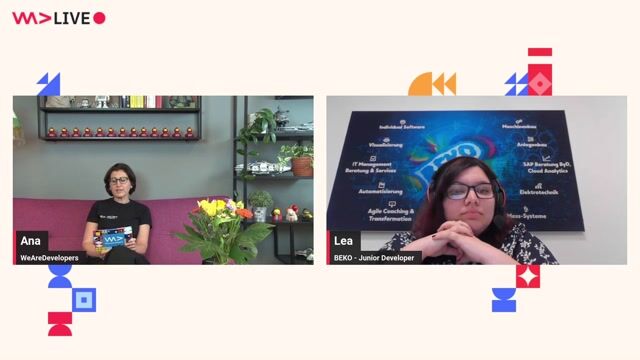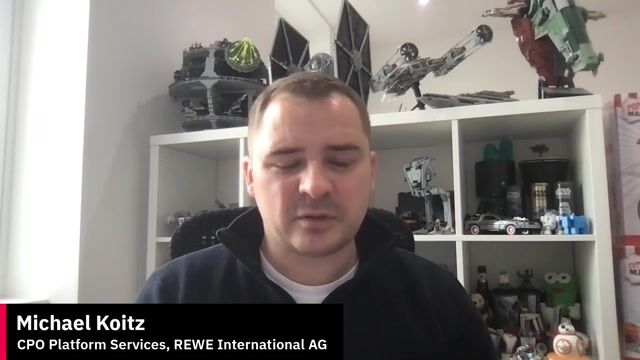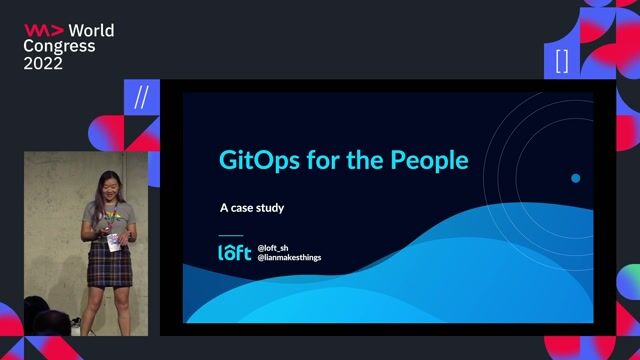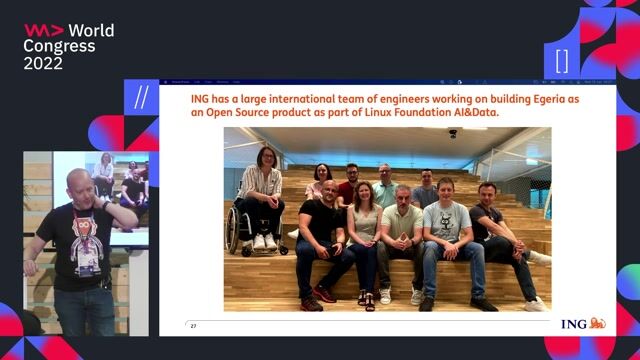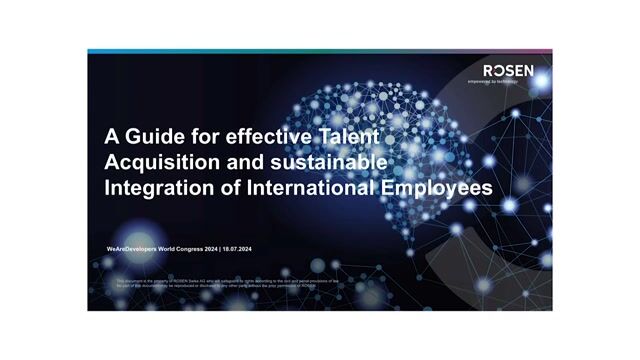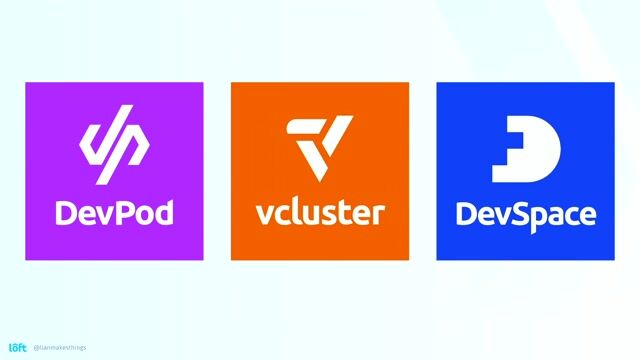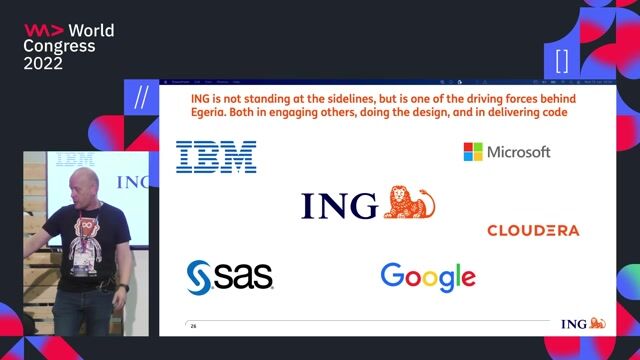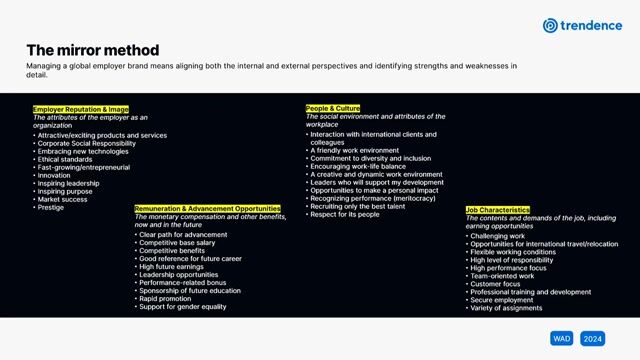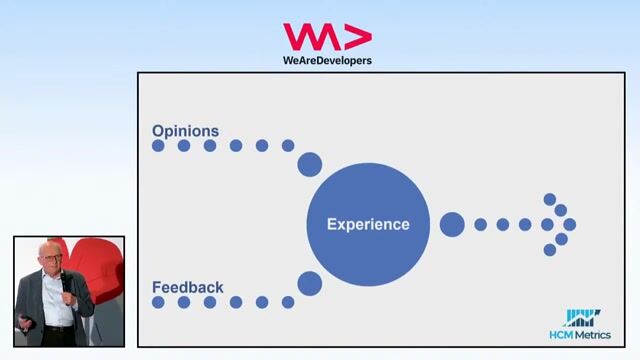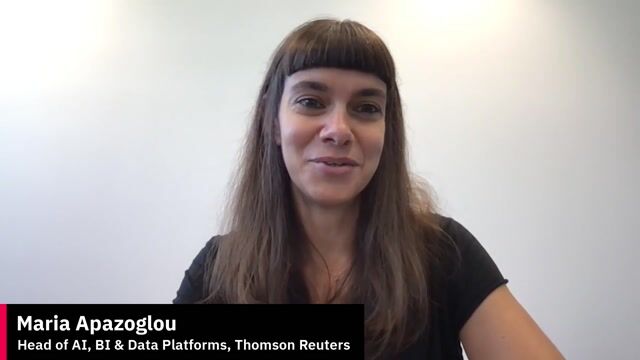Data Integration & Risk Management Specialist (Banking), London, UK -
Role details
Job location
Tech stack
Job description
We are a Global Recruitment specialist that provides support to the clients across EMEA, APAC, US and Canada., Data Platform Management: o Utilize Teradata Vantage for data warehousing and advanced analytics. o Optimize queries and data structures for efficient risk data aggregation. Data Integration & ETL Development: o Design, develop, and optimize ETL workflows using Informatica PowerCenter and related tools. o Manage large-scale data integration projects across multiple platforms, ensuring high performance and scalability. o Perform data quality checks and implement controls for risk-related datasets. Risk Modelling & Analytics: o Work with SAS, Python, and other analytical tools to support risk model development and validation. o Integrate risk models into data pipelines for automated reporting and analysis. o Collaborate with quantitative teams to operationalize risk metrics and dashboards. BCBS239 Compliance: o Implement and maintain risk data aggregation and reporting processes in alignment with BCBS239 principles. o Collaborate with risk management teams to ensure data accuracy, completeness, and timeliness for regulatory reporting. o Support governance and lineage documentation for risk data flows.
Requirements
We are seeking a highly skilled Data Integration & Risk Management Specialist to support our BCBS239 compliance program and enhance our enterprise data ecosystem. The ideal candidate will have strong expertise in data engineering, risk data aggregation, and reporting frameworks, with hands-on experience in Teradata, Informatica, and risk modeling tools., Strong experience in Teradata and Informatica PowerCenter for data integration and ETL development. Strong experience in writing and understanding the complex SQL queries and data warehousing concepts. Knowledge of BCBS239 principles and regulatory risk data aggregation requirements. Good if you have experience with risk modelling tools (SAS, Python) and ETL frameworks. Familiarity with data governance, lineage, and metadata management. Excellent problem-solving and communication skills.
